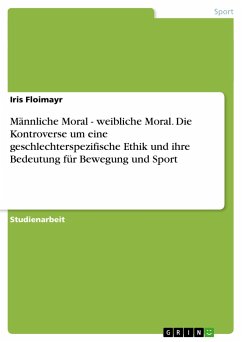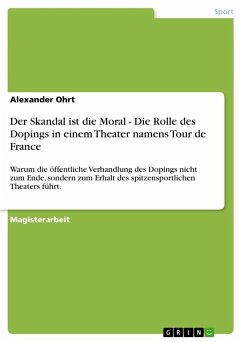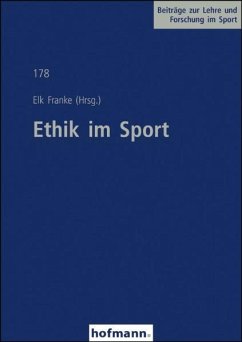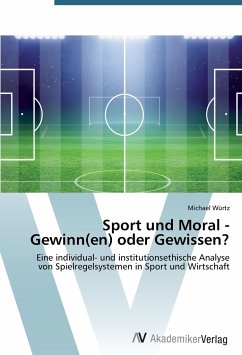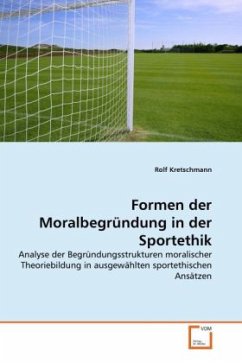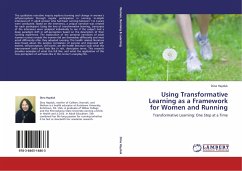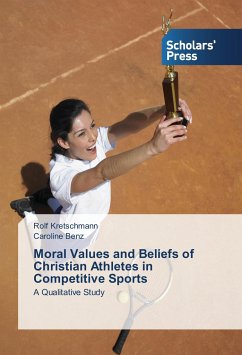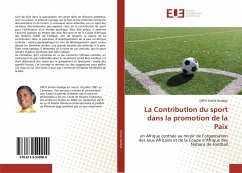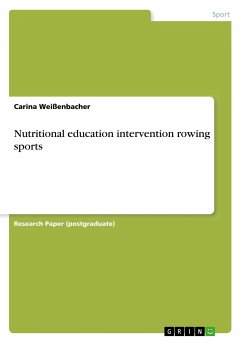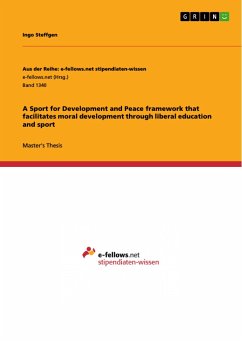
A Sport for Development and Peace framework that facilitates moral development through liberal education and sport

PAYBACK Punkte
0 °P sammeln!
Master's Thesis from the year 2013 in the subject Health - Sport - Miscellaneous, grade: GPA 3.7, International University of Monaco, course: Sport for Development, language: English, abstract: The Western world commonly champions the power of sport for social cohesion and com-munal pride (Schulenkorf, 2011) through sporting mega events and small-scale development projects. Empirical evidence, however, that proof those claims are scarce (Chalip, 2006; Coalter, 2007; Kidd, 2008). Sport for good has received critics based on statistical proof that neither economical nor other social benefits rea...
Master's Thesis from the year 2013 in the subject Health - Sport - Miscellaneous, grade: GPA 3.7, International University of Monaco, course: Sport for Development, language: English, abstract: The Western world commonly champions the power of sport for social cohesion and com-munal pride (Schulenkorf, 2011) through sporting mega events and small-scale development projects. Empirical evidence, however, that proof those claims are scarce (Chalip, 2006; Coalter, 2007; Kidd, 2008). Sport for good has received critics based on statistical proof that neither economical nor other social benefits reach the ones in need (Briedenhann, 2011). Even further most projects claiming to assist the United Nations Millennium Development Goals (http://www.un.org/millenniumgoals/) are poorly implemented and lack coordination with mainstream development activities (Tiessen, 2011). The complexity of conflicts and difficulty to transform those to achieve sustainable peace makes it impossible for sport as a single phenomenon to be detached from broader initiatives. Consequently, the document hereafter aims to combine theory and anecdotal evidence to suggest a Sport for Development and Peace framework (SDP) that is believed to be universal and leaves positive legacies be-hind. The suggested methodology utilizes the ideas of liberal education and the perks of sport to facilitate moral development.




